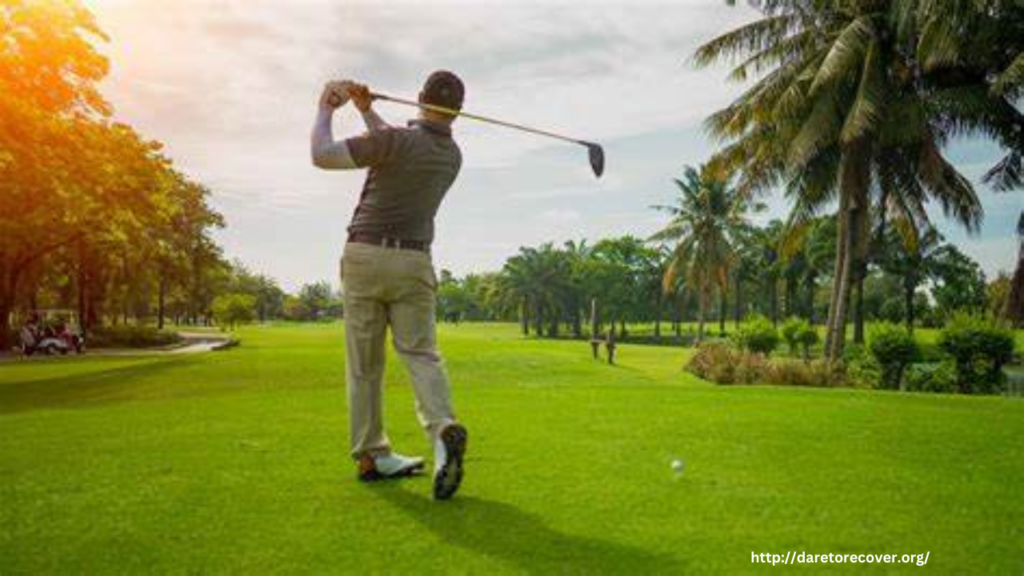Fairways and Failures: How Power and Alcoholism Undermine Men in Golf

Golf has long been regarded as a game of prestige, patience, and precision, attracting powerful men both on and off the course. Business moguls, politicians, and sports icons have often found solace in the fairways, seeing the sport as a symbol of control and mastery. However, behind the polished greens and elegant clubhouses, a darker reality exists—one where power and alcoholism intersect, leading to personal and professional downfall.
The Culture of Power and Excess
Golf is not just a sport but a networking ground for the elite. Business deals are sealed over drinks at the 19th hole, and social status is reinforced through lavish club memberships. This culture of excess, while seemingly harmless, often fosters an environment where alcohol consumption is normalized and even encouraged. For men in positions of power, the pressure to maintain control and uphold an image of success can lead to unhealthy coping mechanisms, with alcohol becoming a crutch rather than a pastime.
The Slippery Slope of Addiction
Many high-profile golfers, from professionals to wealthy amateurs, have battled alcoholism. The solitary nature of the sport, combined with its inherent frustrations, makes it an easy breeding ground for excessive drinking. Unlike high-intensity team sports, where players rely on adrenaline and collective energy, golf requires mental fortitude and extreme patience. A bad day on the course can quickly spiral into self-doubt, and for some, the solution lies in the bottom of a glass.
The pressure to perform, both in business and on the golf course, can be overwhelming. Alcohol may initially serve as a stress reliever, helping to take the edge off after a tough round or a failed negotiation. However, the transition from casual drinking to dependency is often subtle, catching many by surprise. What starts as a celebratory toast can evolve into a habitual reliance, affecting decision-making, relationships, and health.
The Downfall of Golf’s Elite
History has shown that power and alcoholism rarely coexist without consequences. Some of golf’s biggest names have faced public battles with alcohol, tarnishing their legacies. Personal scandals, DUI arrests, and professional declines have highlighted the vulnerabilities of even the most seemingly invincible figures in the sport.
For executives and businessmen who use golf as an extension of their professional lives, the effects can be just as damaging. Alcoholism erodes credibility, strains relationships, and diminishes leadership effectiveness. It is a weakness that power cannot conceal indefinitely.
Breaking the Cycle
Recognizing the link between power, stress, and alcoholism in golf is crucial to breaking the cycle. More athletes and industry leaders are speaking openly about their struggles, encouraging a shift in the culture that prioritizes mental health over social expectations. Golf clubs and organizations have a responsibility to create environments where alcohol is not the focal point of success and camaraderie.
The fairways will always be a place of challenge and triumph, but true mastery lies in discipline, self-awareness, and the ability to resist the temptations that power brings. Only by addressing these vulnerabilities can the game—and those who play it—truly flourish.
